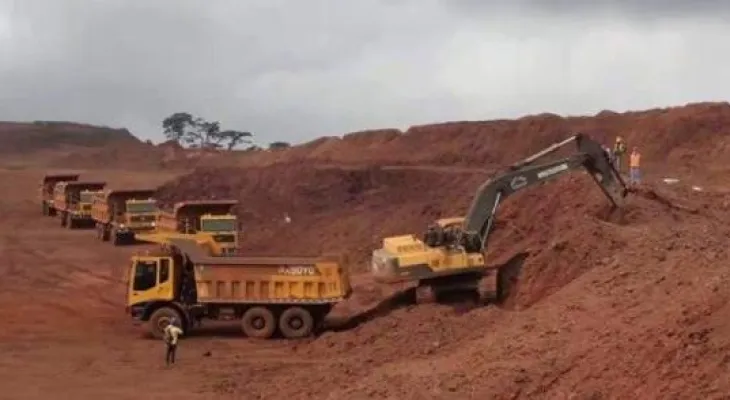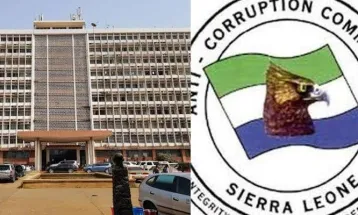
Sierra Leone’s Mining Sector Adds Nearly 3,000 Jobs, Employs Over 17,000 Citizens
Sierra Leone’s mining industry is showing signs of renewed strength, creating thousands of new jobs and reinforcing its position as one of the country’s key economic drivers.
According to the latest figures, more than 17,400 Sierra Leoneans are now employed in the industrial mining sector, marking an increase of 2,748 jobs compared to last year. This growth excludes artisanal mining, which continues to sustain many livelihoods outside formal employment structures.
The rise in employment reflects a growing sense of stability and renewed investor confidence in the sector. Large-scale mining companies expanded their workforce by nearly 1,000 jobs, while contractors for these companies created more than 1,700 additional positions. Small-scale mines also contributed, adding around 90 new jobs.
A breakdown of the workforce shows that the majority of jobs — almost 15,000 — remain at the general worker level, highlighting the labor-intensive nature of mining. Supervisory roles account for just over 2,000 positions, while senior management roles have slightly declined to under 400. Experts believe that strengthening technical training and vocational programmes could open more opportunities for Sierra Leoneans to move into supervisory and managerial positions.
Another positive sign is the balance between local and expatriate workers. With over 17,000 Sierra Leoneans filling roles across the sector, government policies promoting local participation appear to be paying off. Expatriate employment, historically dominant in specialized technical and managerial areas, has remained comparatively low, giving more Sierra Leoneans the chance to take on skilled jobs.
The benefits of mining employment extend far beyond the mines themselves. Salaries help support families and communities, while the sector fuels local businesses, healthcare, housing, and education. Contractors and service providers are also gaining new opportunities, ensuring that mining contributes more widely to the economy.
In addition to creating jobs, the industry continues to generate national revenue through taxes, royalties, and community development agreements — all of which play a role in reducing poverty and promoting sustainable development.
Officials have welcomed the rising employment numbers, describing them as proof of the sector’s resilience and its potential to drive inclusive growth. They stress, however, that challenges remain, including global price fluctuations, environmental concerns, and the need for stronger capacity building.
Looking ahead, Sierra Leone’s mining industry appears well-positioned for further expansion. With reforms underway, new investments on the horizon, and a continued focus on local employment, the sector is expected to remain a cornerstone of the nation’s economic growth and development.




















